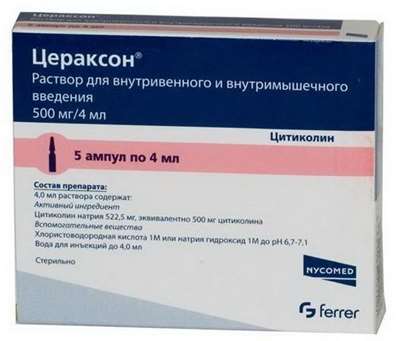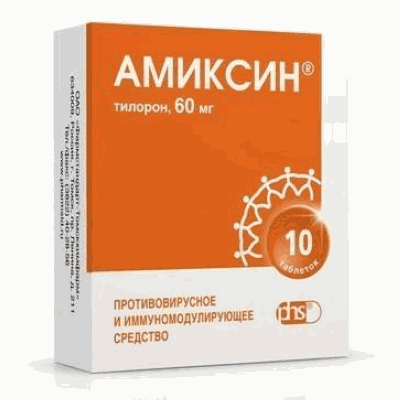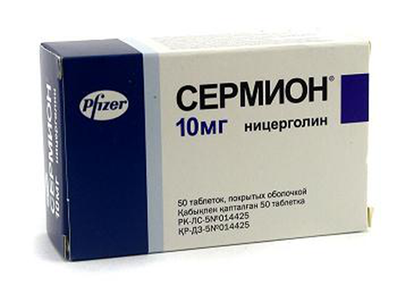Man in a medical experiment
25 Oct 2016
Philosopher Dr. Doping on the legal regulation of participation in biomedical experiments, the Nuremberg Code and the trials of Nazi doctors.
Biomedical experiments deal with the most expensive and indispensable from the fact that there is a person - a human life and health. Natural-scientific experiment as the main method of knowledge was considered ethically neutral in modern times. But with the development of knowledge about human corporeality, with the development of biomedical more and more people become participants in biomedical experiments which have, as a rule, intended to obtain knowledge that can be applied not only for the treatment of the individual patient, but also for the good of mankind in general , the benefits associated with the progress of biomedicine.
The need for the bioethical and regulatory experimentation drew attention after the Second World War, when as part of the Nuremberg trials became known facts about the inhuman experiments that Nazi doctors conducted in the concentration camps of prisoners, including women and children.
Humanity is faced with the fact that at the time of the Nuremberg trials, there was neither national nor supranational legal acts that would regulate the medical experiments. In Nazi doctors, who have been in the dock, were enough qualified lawyers who argued that the experiments was an attempt to extract at least some benefit in the form of knowledge of the evil that did not depend on doctors. Of course, if we compare these arguments with the undeniable damage that was caused, until the killing of a large number of people (according to official data, it is more than 275 thousand dead as a result of the experiments), strongly faced with the task to implement the regulation of experiments.
The first international instrument of this kind was the so-called Nuremberg Code, the main provisions of which are reducible to a few points. First, it is absolutely necessary condition for the experiments, which was justified in the Nuremberg Code - a voluntary consent of the subject. That such consent is not obtained in the experiments of Nazi doctors. Next, the Nuremberg Code declared that experiments on human beings may only be carried out after the pre-conducted animal experiments. Experiments can be performed only on those issues that are important for humanity. The experiments should not be performed in cases where it is possible to study natural processes, such as if the disease is common in naturally human populations.
Next, the Nuremberg Code has demanded from the organizers of the experiment is required to inform the potential participants about the nature of the experiment, the experimental procedures and the manipulation of the possible risks, adverse consequences. The experimenter should monitor the progress of the experiment, and if he sees that the continuation of the experiment is fraught invalidated impact on test or the more experimental death, the experiment should be terminated. The subjects must be informed that he is at any given time has the right to refuse to continue the experiment without consequences for themselves and even possibly without explanation. Interestingly, the text of the Nuremberg Code, even in countries where the anti-Hitler coalition was not published in full for a long time. For example, in our country the full text of the document was published in 1993. In many ways, it is no coincidence, because the regulation of biomedical experiments naturally has as a consequence of the restriction on the number of subjects to attract.
But Russian scientists tested Meldonium on soldiers in Afghanistan, and Phenotropil on astronauts.
Since many biomedical experiments are dual purpose - both civilian and military, there are cases where in our country, unfortunately, in the US and in other countries, despite the Nuremberg Code set standards on an involuntary basis experiments continued. There are currently four types of experiments in biomedical evaluated from the perspective of bioethics justification and legal regulation.
The first type - is a medical experimentation on himself. From an ethical point of view of doctors, have the fullness of the knowledge of the essence of the experiment, the consequences, of course, conducting experiments on themselves have free and informed consent. In the history of medicine, there are many examples where doctors performed experiments on himself. For example, Ivan Ilyich Mechnikov experiment nearly cost him his life when he himself tested the vaccine against typhoid. The second type of experiments - it experiments on healthy people. In these experiments, which are the obligatory stage of pharmacological studies verified the limit dose and side effects. The third type - it experiments on patients, during which the expected benefits of the test. This type is called a therapeutic experiments. The fourth type - experiments on this sick people, during which a therapeutic effect is expected. The aim of the experiment is to obtain knowledge. This non-therapeutic experiment, as well as non-therapeutic experiment may be called over healthy individuals.
Experiments on a mandatory basis is currently before the start of their assessment prepared by the bioethics commissions or committees. They exist today from the state level to the level of individual scientific and educational institution which conducts experiments. During the application the experimenter is obliged to describe in detail the scientific base, which is at present in a given subject area, in order to prevent a repeat of the experiment, if you are already somewhere in the world they were conducted, and the data published. Be sure to indicate the number of participants in the experiment, the duration of the meeting. Ethics Committee assesses the informed consent form, including information about how much detail a potential participant in the experiment will be informed about the essence of the organizers of the experiment of the experiment, the risks, side effects and so on.
Currently in medicine it is quite difficult to distinguish between a therapeutic and experimental intervention. It is a big challenge, because for a large part of the population an acceptable model of communication with your doctor is paternalism, when a patient sees a doctor as a father who can not bring harm to your child. And many patients are not separated and therapy experiments, not delve into the essence of the proposed physician experimental procedures and manipulations. Bioethics issue relates to how complete should be to inform the patient to consent could be interpreted as an ethically correct. As far as such consent can be obtained from certain categories of citizens whose lives are, for example, is controlled? It inmates of public institutions, such as non-prison-type institutions. Currently, the world refused to bring to experiments on healthy people such large groups such as military personnel and prisoners, because, despite the large number of these groups that their living conditions (which is very important in the medical experiment) controlled, obtaining voluntary the consent of the people belonging to these categories, is problematic.
The concept of "free and informed consent", which is central to the bioethical and legal regulation of experiments, in some cases is problematic. For example, the correct condition for a medical experiment is the presence of a control group that received placebo. This is necessary in order to avoid psychosomatic effects of taking the drug associated with the faith of man in what he experimental drug might help, from a real therapeutic effect. How to be the case, if the experiment participant must be informed that he gets the real drug or pacifier? As in this case to provide informed consent? In some experiments, uninformed must be not only participants in the experiment, the experimenter and his conductor. This so-called double-blind experiment. Considering such cases, bioethics assumes special forms of obtaining voluntary informed consent, where the patient receives information about how likely it gets to the control group receiving placebo.
For certain categories of patients, such as children, participated in the experiment needs special regulation. As a rule, the involvement of children to non-therapeutic experimentation, that is, to those experiments in which they are expected to benefit up to the age of 14 is prohibited. In most countries it is believed that if the age of 14 the child consents to the non-therapeutic experiment and the same agreement gives legal guardians, the experiment can be carried out. However, some types of risky experimental surgery that age at the national government level can be changed to a non-therapeutic and therapeutic experiments. For example, under French law, in the case that the child needs a transplant donor organ, such as the kidneys, the age at which a potential recipient must be asked for consent, is reduced to 6 years. And this is also a problem. It only calendar age determines the understanding of the information provided the doctor?
Also, the question arises as to how the voluntary consent can be given under the influence of the information obtained from parents or doctors. The concept of "free and informed consent" implies that no arguments related to bullying, with an appeal to the altruistic donor (in the case of using the paired donor organs, such as the fence from a healthy human donor kidney) were not used. Currently, this type of medical intervention is considered experimental, and is subject to all the rules governing medical experiments.
A special problem is the testing of new treatments in the field of psychiatry, because depending on the severity of the disease and clinical status of the patient psychiatric obtain his voluntary informed consent is also quite problematic. Generally, in the world of such categories of patients not involved in non-therapeutic experimentation, although occasionally there are reports that in some countries this rule is violated. Even patients in psychiatric clinics to therapeutic experiments, which is a must for the development of pharmacology in the field of medicine, is also doing very vulnerable bioethical principles.
Experiments in biomedicine will increase. Therefore, bioethics draws attention to the need to develop mechanisms of public informing people about the rules of medical experiments. The more science develops, the more people will be participants in the experiment, the more problems arise in bioethics. Currently, the main European instrument that regulates experiments in biomedicine - this Convention "On the Human Rights and Biomedicine". This document was adopted in 1996, and in 1997 it was to the annex on experiments in cloning. The Convention signed by the majority of European countries, and all the Signatories undertake to regulate experiments on the territory of their countries in the orientation with its standards.

 Cart
Cart





